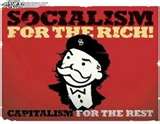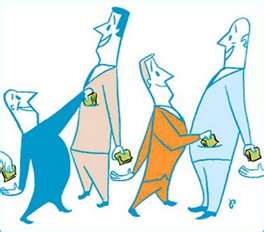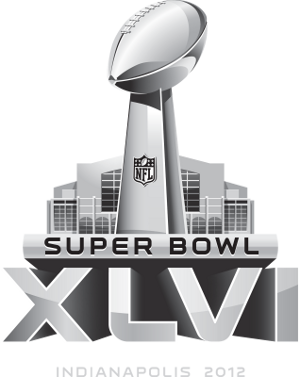 The recent rise of New York Knick basketball player Jeremy Lin and his religious beliefs made me think of the rise of Tim Tebow and Tebowmania. In this case what I want to examine is why Tim Tebow engenders a large amount of anger and even hate while thus far Jeremy Lin is a popular figure.
The recent rise of New York Knick basketball player Jeremy Lin and his religious beliefs made me think of the rise of Tim Tebow and Tebowmania. In this case what I want to examine is why Tim Tebow engenders a large amount of anger and even hate while thus far Jeremy Lin is a popular figure.
The two have many similarities in their stories and their strong religious belief and performance on the field of play makes them compelling stories. There are also significant differences between them and any comparison loses some of its legitimacy because of this fact.
Still, I want to examine why I think faith based thinking is the reason for much of the anger.
A quick summary of their stories for anyone reading who is not a sports fan.
Tim Tebow was arguably one of the greatest college quarterbacks of all time helping the Florda Gators to two National Championships. His strong religious beliefs and lifestyle made him a favorite among evangelical christians. His running style in college led many to believe he lacked the skills to translate to a successful NFL quarterback and despite being drafted in the first round most experts predicted a lackluster career.
Jeremy Lin went to Harvard where they have no athletic scholarships and went undrafted by the NBA after completing his matriculation. He is of asian american descent and one of the few players in the NBA of that race. He, like Tebow, is also deeply religious. In the last few weeks he has become one of the bright young stars of the NBA with strong performances for the New York Knicks.
The two are obviously quite different in many ways but what strikes me when reading the various comments and critiques of both players is that Tebow seems to garner a great deal of vehemently angry posts whereas Lin does not.
One of the themes I hammer home in my novels is the contrast between faith based thinking and critical thinking. In the case of Tebow and Lin supporters I think there is a tremendous amount of faith based thinking. Both men are deeply religious and faith based people want them to be good, often refusing to acknowledge the real issues that detractors mention.
But why does Tebow generate so much more anger?
Here is where it gets interesting for me.
I think the reason Tebow generates so much anger is that the stark reality of faith based thinking versus critical thinking is exposed dramatically. Tebow’s statistical play is among the worst in the NFL whereas Lin’s statistics are outstanding. What I think is important is the transparent nature of faith based thinkers refusal to accept reality. Tebow has many tremendous qualities but also has some obvious negative traits as a football quarterback. Many of his faith based fans absolutely will not deal with these on a logical level. They want him to be good so, in their minds, he is good.
This anger against faith based thinking is well deserved. Faith based thinking is bad for people personally, bad for them professionally, and bad for society as a whole. In what other place in life does faith based thinking work besides religion? Do you hope the baby’s diapers will clean themselves? Do you have faith the boss will promote you if you do a poor job? Do you think the house will get clean on it’s own?
What I find distressing is the misplaced anger against Tebow and potentially Lin if his play falters. Put your hate where it belongs, on the faith based thinkers, not Tebow and Lin. They both seem to be trying to make their way in an incredibly difficult profession without resorting to faith based thinking. Both are working hard to improve their craft.
I say, let’s watch Tim play and see if he gets better. Let’s find out if he is a good quarterback by critically analyzing his performance and see how many games he wins in the NFL. If he keeps winning games then let’s call him a good quarterback, if not, then treat him accordingly. And the same for Jeremy. Let’s see how the season plays out. In a meritocracy it is incredibly important to give people chances and even more important to reward them when they succeed.
This atheist is rooting for Tim and Jeremy, prove those detractors wrong!
Please comment, tweet, like, stumble, digg, and all the rest if you agree or disagree!
Tom Liberman
Sword and Sorcery fantasy with a Libertarian Twist




